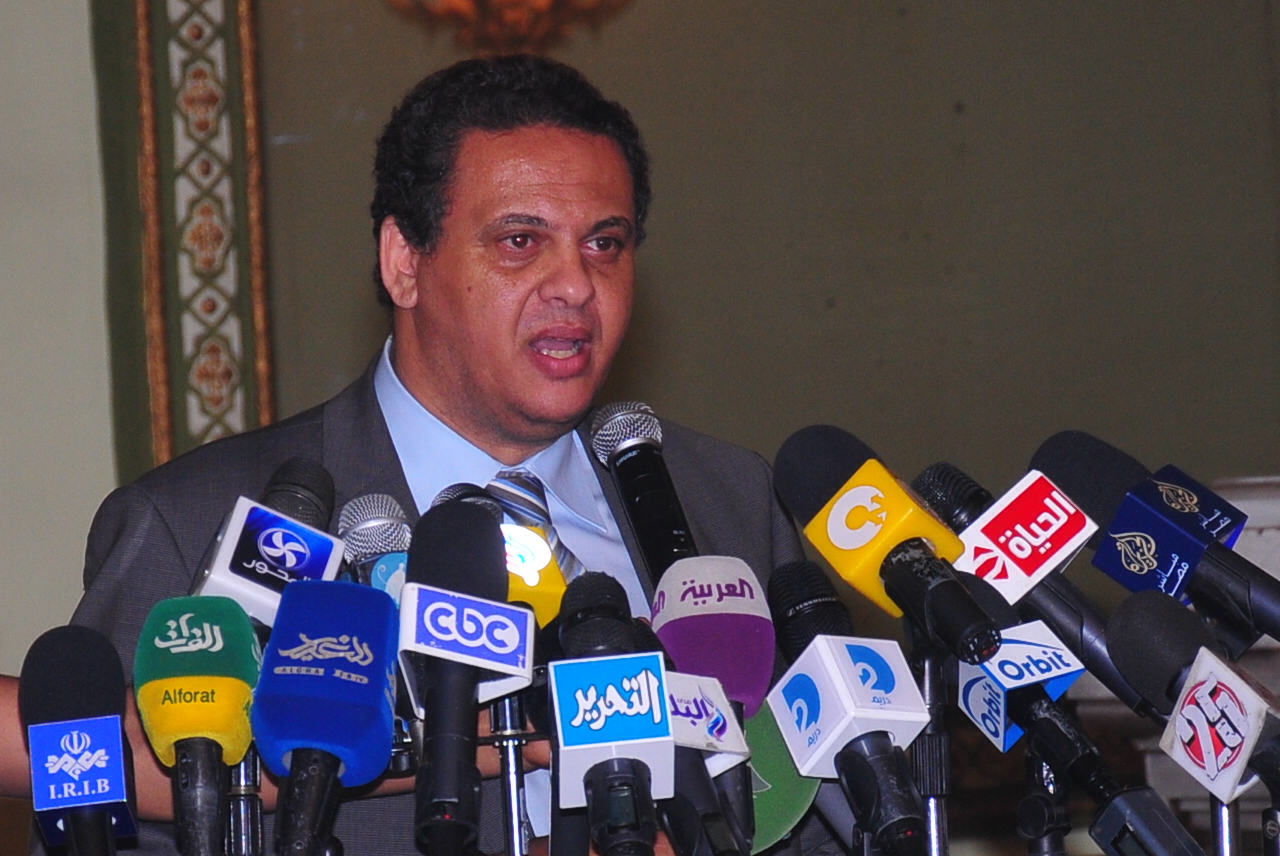CAIRO: The Pharmacists’ Syndicate ended its two-day strike after the Ministry of Finance agreed not to implement new tax regulations for pharmacies on a retroactive basis.
Pharmacies were operating on normal work hours starting Wednesday morning.
The finance ministry agreed to the demands of pharmacists, saying that new tax regulations will not be applied on a retroactive basis starting five years ago.
Instead, the new tax arrangement will be implemented on taxes filed in the coming years, said Mohamed Abdel Gawad, deputy chairman of the syndicate, and a committee has been formed to determine how to move forward.
During the nationwide strike, 95 percent of syndicate members shut down their facilities throughout most of Monday and Tuesday, according to syndicate numbers.
Pharmacists were protesting the annulment of an August 2005 agreement under which pharmacies were treated as small businesses, and its replacement with a tax arrangement which they say is less equitable.
They also object to the way in which it was annulled, alleging that they were not consulted before the changes were announced at the end of 2008 by Ashraf El-Araby, chairman of the Tax Authority.
In a press conference late Tuesday at the Pharmacists’ Syndicate, Abdel Gawad announced that all private pharmacies will open the next day.
“I see hope in the negotiations that we are currently conducting with the Minister of Finance and I expect the problem to end soon, Abdel Gawad told Daily News Egypt, right before his scheduled meeting with the finance minister on Wednesday.
At 2 pm, a syndicate delegation led by Abdel Gawad met with the finance minister and jointly agreed to form a committee comprised of syndicate members, tax accountants and ministry representative that would reach an agreement “that would satisfy both parties.
“The minister told us that President Hosni Mubarak personally contacted him and told him to solve the pharmacists’ problems as soon as possible, Abdel Gawad said.
The decisions reached by the new committee, jointly appointed by the finance ministry and the syndicate, will be applied on the taxes filed this March. Taxes reports covering the past few years will be audited according to the 2005 agreement. The committee is scheduled to meet next week.
On Monday, Abdel Gawad said during a general meeting of the Pharmacists’ Syndicate that 95 percent of Egypt’s 45,000 pharmacies responded to the strike call.
“This is something we have never witnessed before. Pharmacists are sending the government a message: that the Egyptian people are aware of what is happening and will fight to win their rights, Abdel Gawad told the hundreds of pharmacists attending the syndicate meeting.
According to Abdel Gawad at the time, the government was “sympathetic to pharmacists’ grievances.
“[Head of the Doctors’ Syndicate] Dr Hamdy El-Sayyed spoke to me and said that [Prime Minister] Ahmed Nazif sympathizes with us. He understands that you can’t change a law overnight, Abdel Gawad said.
“We are opposed to the fact that they cancelled the agreement without notifying us, Hussein Mesellem, a pharmacist from Cairo who had also participated in the protest, previously told Daily News Egypt.
Minister of Health Hatem El-Gabaly told the press Monday that he is “proud of the respectable protest pharmacists organized.
Pharmacies were closed from 10 am to 6 pm during the two days of the strike.
In a press conference Sunday, Dr Kamal Sabra, assistant minister of pharmaceutical affairs, said that some pharmacies will remain open during the strike, following a decree issued by El-Gabaly.
Pharmacies in general hospitals, health insurance pharmacies and pharmacies owned by El-Shirka El-Masreyya were also open during the strike.


